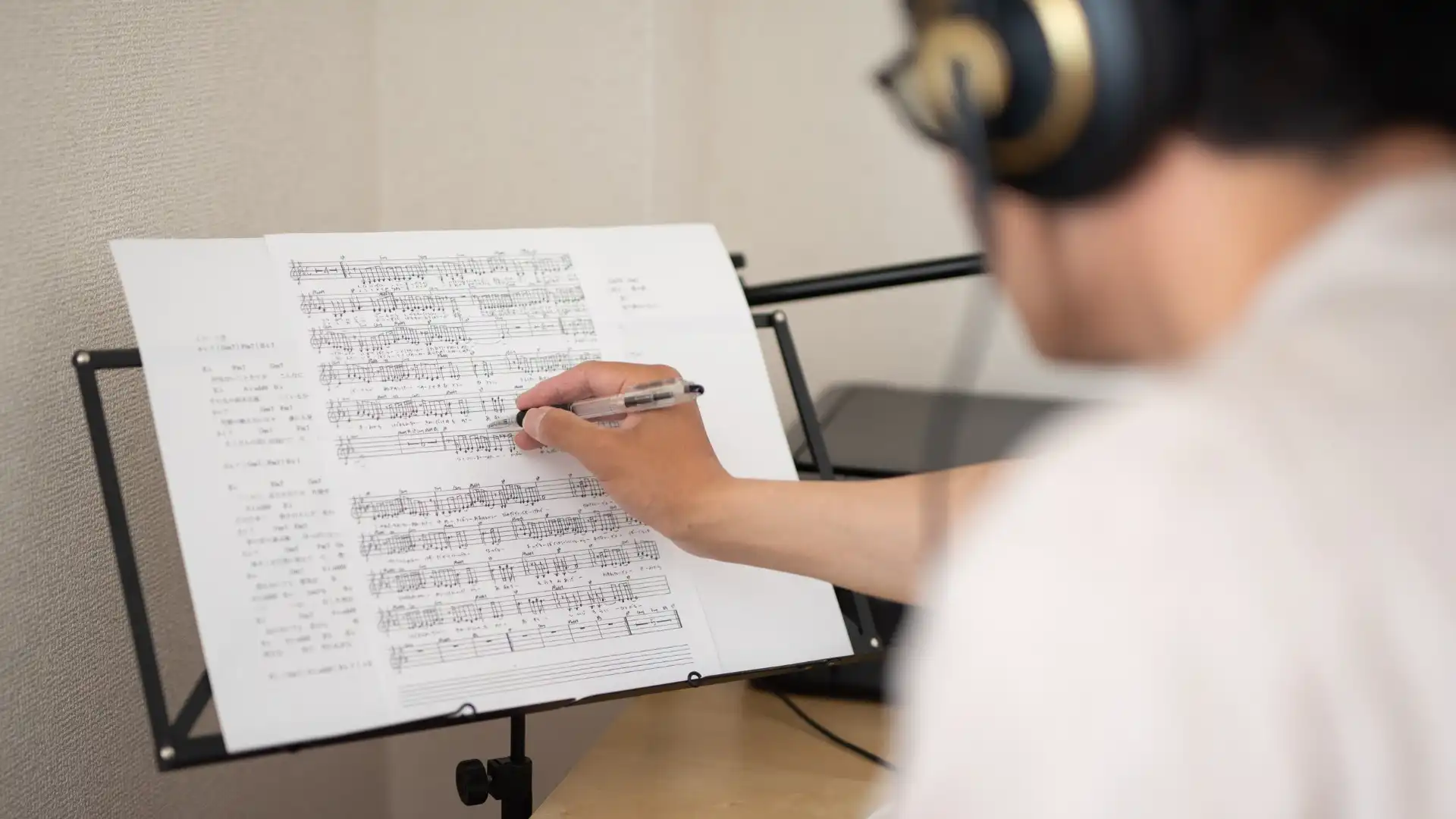Line producing workshops are invaluable resources for individuals looking to delve deeper into the world of film and television production. These workshops provide hands-on experience, practical knowledge, and networking opportunities that can propel your career forward in the industry. Whether you’re a seasoned professional looking to expand your skill set or a newcomer eager to learn the ropes, a line producing workshop can offer a wealth of benefits.
Understanding the Role of a Line Producer
At the core of a line producing workshop is the exploration of the role of a line producer. Line producers are responsible for overseeing the budget, schedule, and day-to-day operations of a film or television production. They work closely with the director, producers, and other key personnel to ensure that the project stays on track and within budget. Through interactive sessions and real-world scenarios, participants can gain a comprehensive understanding of the duties and responsibilities of a line producer.
Budgeting and Financial Management
One of the key focus areas of a line producing workshop is budgeting and financial management. Participants learn how to create and manage production budgets, allocate funds effectively, and navigate financial challenges that may arise during a production. Mastering the intricacies of budgeting is crucial for a line producer to ensure the success and profitability of a project.
Scheduling and Production Planning
Effective scheduling and production planning are essential skills for a line producer. Workshop participants dive into the process of creating production schedules, coordinating with various departments, and troubleshooting potential conflicts that may arise during filming. By honing their scheduling and planning abilities, participants can streamline production processes and optimize resources for a seamless production experience.
Negotiation and Communication
Line producers must possess strong negotiation and communication skills to liaise with vendors, crew members, and stakeholders throughout the production process. Workshops often include interactive exercises and role-playing scenarios to help participants enhance their negotiation tactics, develop effective communication strategies, and build strong working relationships within the industry.
Risk Management and Problem-Solving
In the dynamic world of film and television production, unexpected challenges and risks are inevitable. Line producing workshops equip participants with the tools and techniques to identify potential risks, develop contingency plans, and solve problems efficiently. By mastering risk management and problem-solving skills, line producers can navigate complex production scenarios with confidence and agility.
Collaboration and Team Leadership
Successful film and television productions rely on effective collaboration and strong leadership. Line producing workshops emphasize the importance of teamwork, collaboration, and leadership in achieving production goals. Participants have the opportunity to work in simulated production environments, collaborate with peers, and practice their leadership skills under the guidance of industry professionals.
Industry Trends and Best Practices
Staying abreast of industry trends and best practices is essential for a line producer to remain competitive in the ever-evolving landscape of film and television production. Workshops often feature industry experts who share insights, tips, and strategies for navigating the latest trends and adopting best practices in line producing. Participants gain valuable industry knowledge that can enhance their professional growth and success.
Networking and Career Opportunities
One of the most significant benefits of attending a line producing workshop is the opportunity to network with industry professionals, fellow participants, and workshop instructors. Networking can open doors to new career opportunities, collaborations, and mentorship relationships that can propel your career forward in the industry. Building a strong professional network is invaluable for advancing your career as a line producer.
Hands-On Experience and Practical Learning
Hands-on experience is a cornerstone of line producing workshops, allowing participants to apply theoretical knowledge to real-world scenarios. Through practical exercises, case studies, and on-set simulations, participants gain valuable experience in line producing, problem-solving, and decision-making. This practical learning approach enhances participants’ skills and confidence in handling production challenges.
Continuing Education and Skill Development
The film and television industry is constantly evolving, requiring professionals to stay current with industry trends and advancements. Line producing workshops provide a platform for ongoing education and skill development, enabling participants to expand their knowledge, sharpen their skills, and stay ahead of the curve in the competitive industry landscape. Continued education through workshops can position line producers for long-term success and growth in their careers.
Conclusion
Line producing workshops offer a wealth of benefits for individuals looking to enhance their skills, expand their knowledge, and advance their careers in film and television production. Whether you’re aspiring to become a line producer or seeking to strengthen your expertise in production management, a line producing workshop can provide you with the tools, insights, and networking opportunities to succeed in the industry.
Key Takeaways:
- Line producing workshops provide hands-on experience and practical knowledge crucial for advancing in the film and television production industry.
- Understanding the role of a line producer involves overseeing budgets, schedules, and day-to-day operations of productions.
- Budgeting, financial management, scheduling, negotiation, and communication are key skills honed in line production workshops.
- Risk management, problem-solving, collaboration, and leadership are emphasized for successful production outcomes.
- Staying informed on industry trends, networking, and gaining hands-on experience are essential for career advancement.
- Continuing education and skill development through workshops are vital for staying competitive and achieving long-term success in the industry.
Consider taking the NYU Film and TV Industry Essentials online course and certificate program offered by Yellowbrick to further enhance your skills and knowledge in film and television production.








